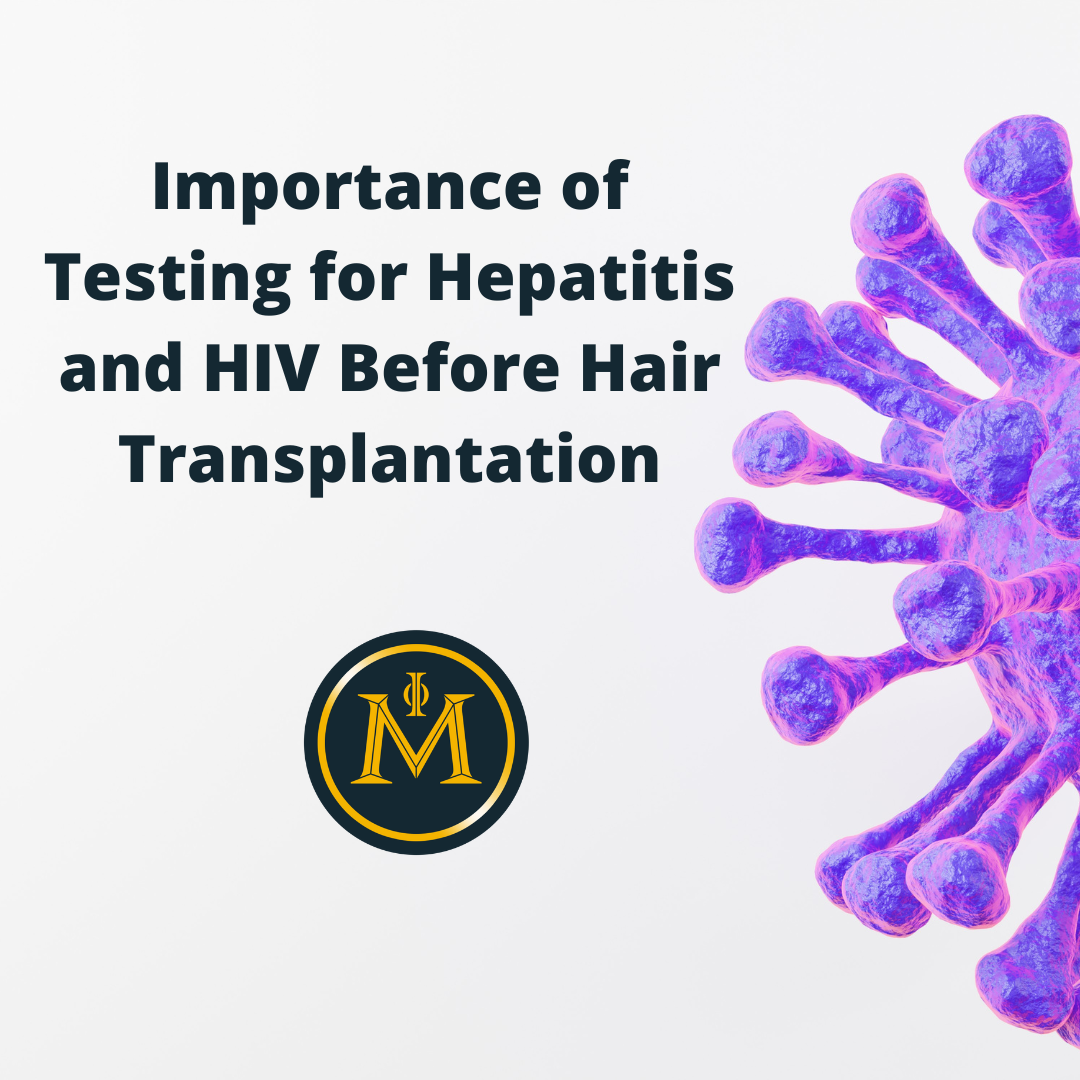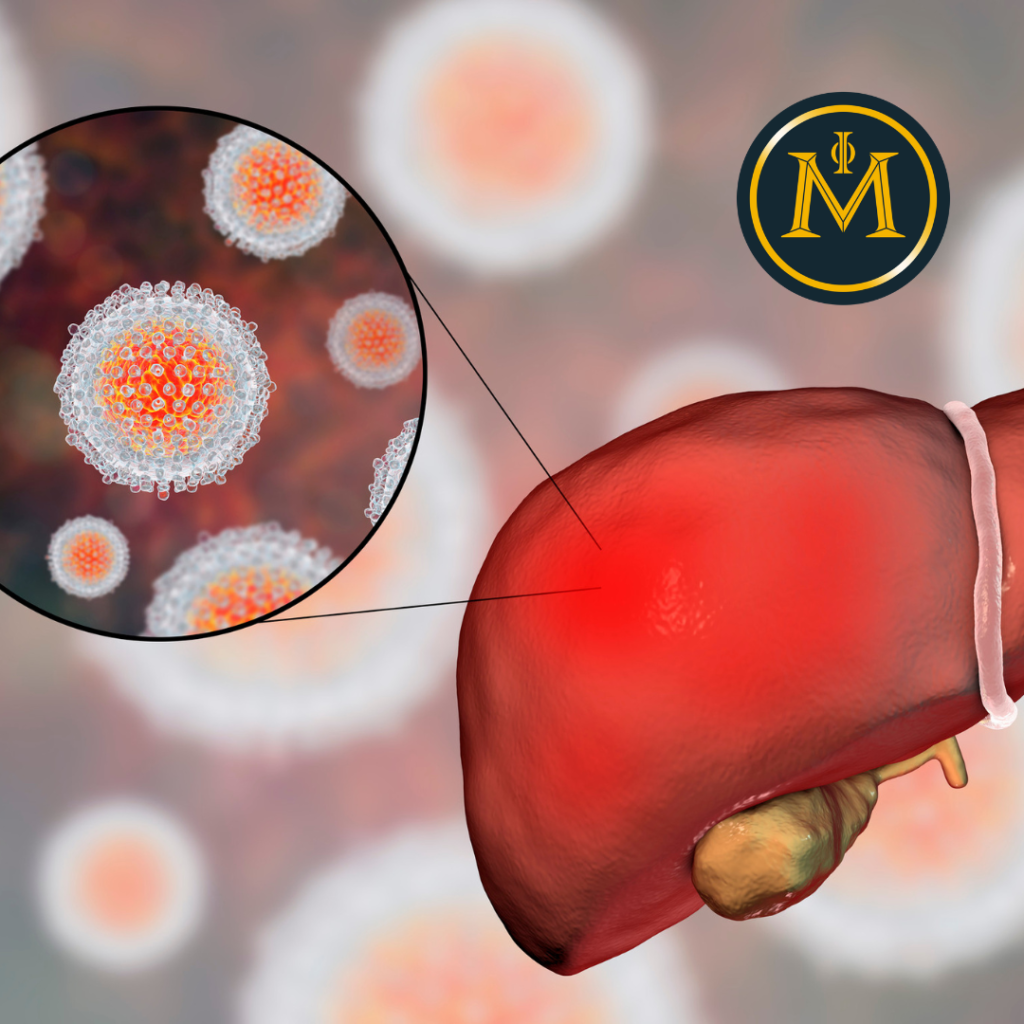Medical of Istanbul
Importance of Testing for Hepatitis and HIV Before Hair Transplantation
Hair transplantation is the process of transplanting hair follicles by opening channels in the scalp. Bleeding and tissue fluid contact may occur during this procedure. Therefore, it is important to check for blood-borne diseases such as hepatitis and HIV before hair transplantation.
Hepatitis and HIV are serious blood-borne diseases. These diseases can be transmitted to people who come into contact with blood. If the instruments used during hair transplantation are not properly sterilized against blood-borne diseases, these diseases can be transmitted to other patients or healthcare workers.
Therefore, people who will undergo hair transplantation should have a blood test to find out whether they have blood-borne diseases such as hepatitis and HIV. These tests ensure that the hair transplantation procedure is performed safely.















